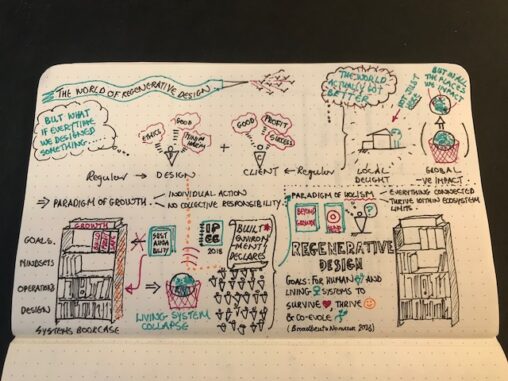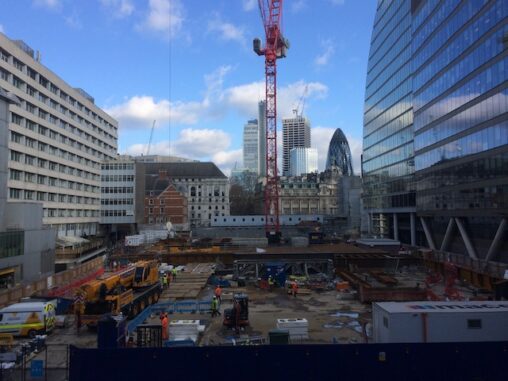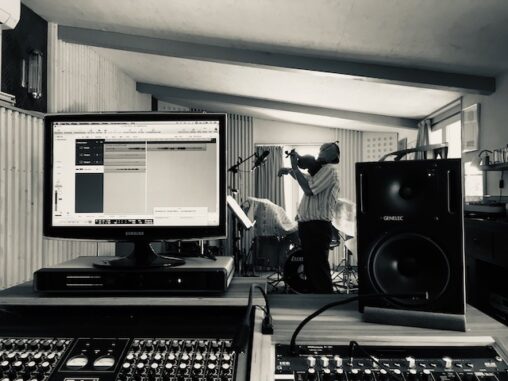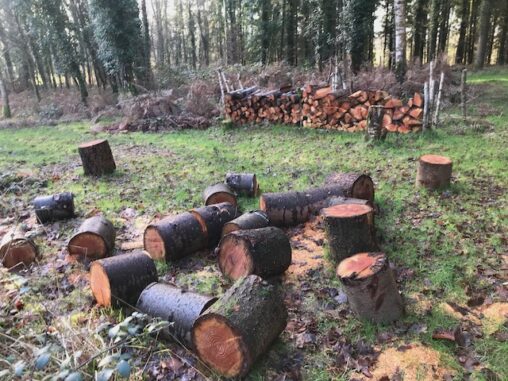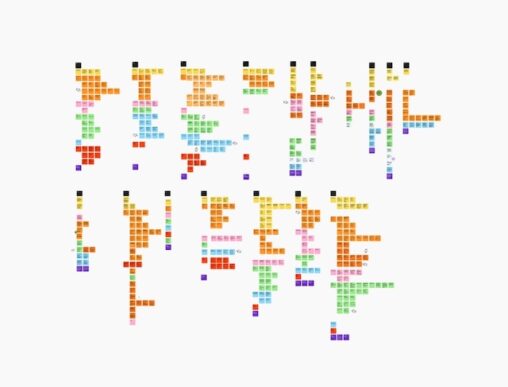Category: Regenerative DesignPage 1 of 2
The language of patterns echoes systems thinking, an important thread in regenerative design. The idea of a repeatable pattern also invokes time, another important thread to tie in….
In 2022 I founded the Regenerative Design Lab with the intention of helping to figure out what regenerative design might mean for the construction industry, and how we…
This week I’ve been making the case for a continuous, place-based approach to design. As James Norman and I set out in the Regenerative Structural Engineer, we see…
Any domain of knowledge is a treasure trove of jargon. When that knowledge relates to a traditional craft, it becomes a vocabulary deeply rooted in working with the…
This week, I’ve been writing about observation as the starting point for regenerative design. Today, I’ve been working with colleagues at Hazel Hill Wood to envision a year-long…
Yesterday, I wrote about how starting design with observation allows us to take a broader, more holistic view of the systems we’re working within. Another reason to start…
We often think of design as starting with a design brief—a set of requirements outlining what we want. But when seen through a regenerative lens, design begins differently….
Some context. When people started visiting Hazel Hill Wood for respite and educational weekends in the early 1990s, there were no buildings. I believe the first structure to…
When it comes to regenerative design, it’s not just where we make but also where we take that matters. For the last two decades, engineers (and other humans)…
It’s a funny question. How much does my website weigh? Is it heavy? It is light? I have no way of knowing. But I like the question, because…
I’m just noticing that I’m entering that perfect groove of Friday afternoon. I’ve stopped travelling for the week and I’m back at my desk. My head is buzzing…
Last year I read about foundational capital in Lean Logic. It’s the idea of the capital that systems depend upon to live. For us Earthlings it’s clean air…
There’s lots of regenerative design thoughts bubbling around between my ears. I often get to a point in my creative process where I feel I can’t write something…
In my post earlier last week I made the case for regenerative design as a response to the range of systemic ecological, social and climatic challenges that we…
Good news. There is an incredible system that can save humanity and will enable us to thrive on planet Earth. Here’s how it works. It is the system…
In the construction industry we are focused on tackling anthropogenic carbon emissions. But this focus misses two wider points. Firstly, that the climate crisis is just one of…
Rather than look at a design process and ask ‘is that regenerative’, I find it more insightful to look for where a design process is enabling a living…
Serendipitously, as I was preparing for my first dance teaching workshop this morning at the Idler Festival, I spotted a quote in one of my other open browser…
Here are my notes from reading the RESTORE report ‘ (REthinking Sustainability TOwards a Regenerative Economy) Sustainability, Restorative to Regenerative – edited by Martin Brown and Edeltraud Haselsteiner…
If we want to think really regeneratively about engineering and the creation of buildings, then maybe we should consider building materials as a common resource. I realise that…


